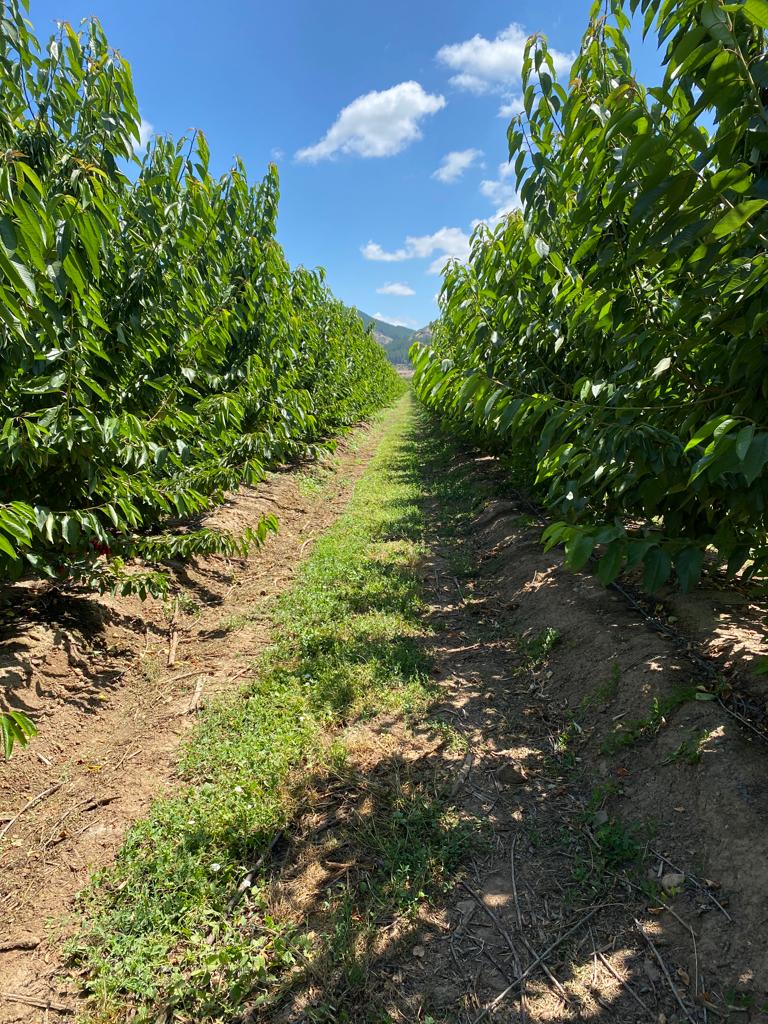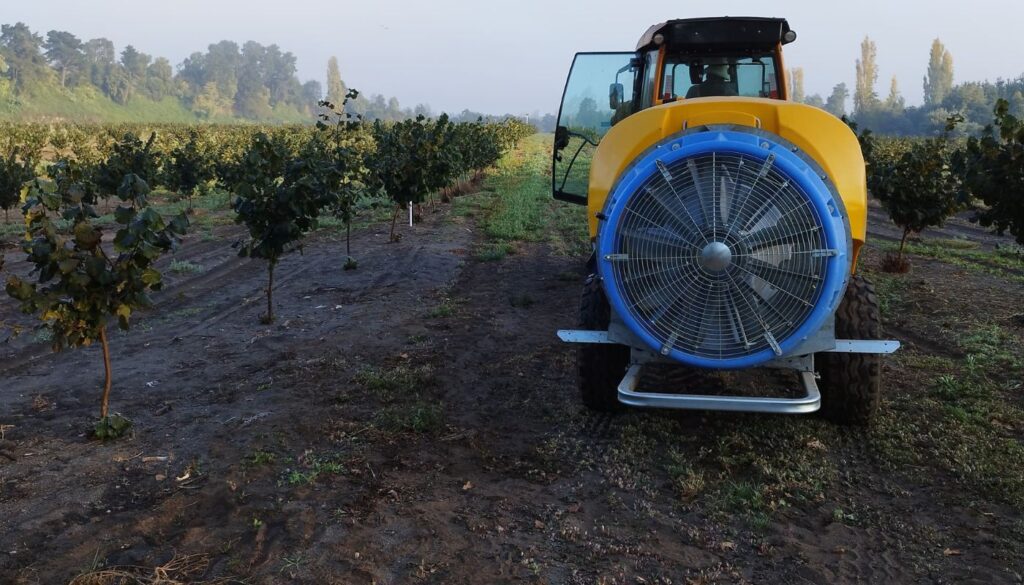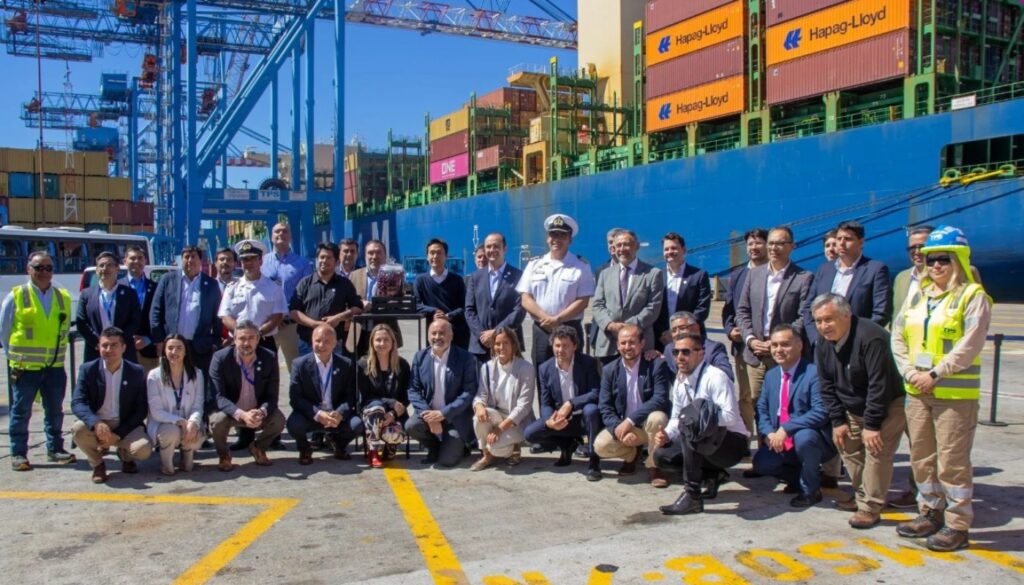“We are a little behind Chile and we intend to follow in its footsteps, since they are the main producer country in the southern hemisphere”, Diego Aguilar, president of the fund, told the San Rafael newspaper.
This week, the Cherry Integration and Development Fund was established in Mendoza, which was enacted as a result of a provincial law from the beginning of the year and was chaired by Diego Aguilar.
The Fund itself consists of the integration of a trust that will be made up of contributions from the cherry producers themselves, through fruit packers who will act as withholding agents within the framework of a tripartite agreement between the Mendoza Institute of Agricultural Health and Quality (Iscamen), the Rural Development Institute (IDR) and the Cherry Chamber.
In this context, Iscamen will act as a fundraising agent, while IDR and the Cherry Chamber will be the ones to execute the fund. The money raised will be invested in research and development of new cherry plantations, improvements in packaging technology and also in new marketing and logistics systems.
Regarding this initiative, its president Diego Aguilar spoke to the San Rafael newspaper, arguing that: “We are a little behind Chile, and we intend to follow in its footsteps, since they are the main producer country in the southern hemisphere and have grown a lot in surface area. Countries in the southern hemisphere, such as Chile, Argentina, South Africa, Australia and New Zealand, have the particularity of exporting our production to the northern hemisphere, which is not the case with the fruit produced in that part of the world, since they sell it a few days after being packaged.”.
Aguilar also added that “We have had to move forward with new technologies for production, packaging and marketing; it is not easy to have a fresh product travel thirty days on a ship and have it arrive unblemished to consumers. Chile has made a lot of progress in this and it is a mirror in which we can look at ourselves.”
It is worth mentioning that this project contributes to the quality of production in Mendoza, which is linked to an agroecological condition, which allows obtaining a first-time fruit earlier than in Chile without so much effort.
“We must exploit this comparative advantage; genetic laboratories in the United States have begun to work with fruits that require less cold, which means that fruit can be obtained earlier and earlier,” closed Diego Aguilar.








